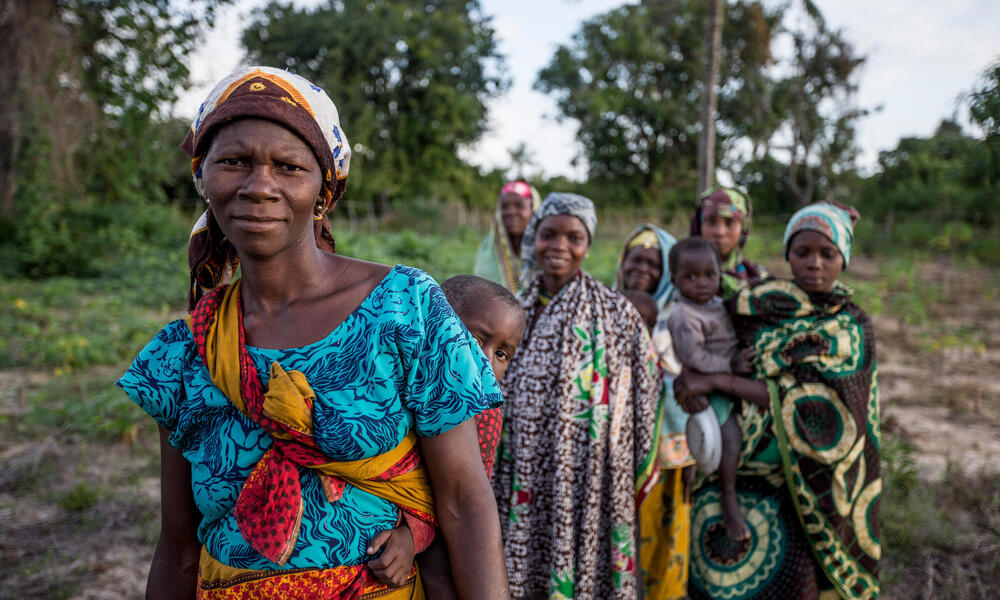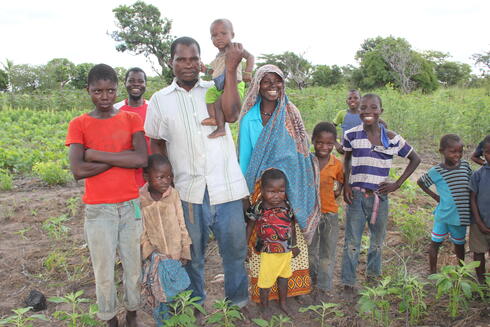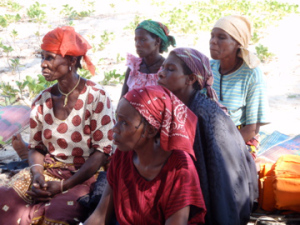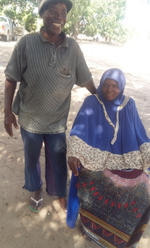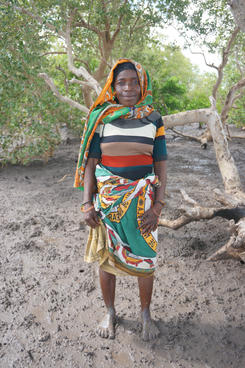As WWF works with communities around the world to preserve habitats, wildlife, and natural resources, we know that it is critical to engage both women and men for the best results—environmentally, socially, and economically.
In sub-Saharan Africa, women make up at least half of subsistence, smallholder farmers, yet have far less access to farming inputs, from seeds and fertilizer to finance and markets. According to the UN’s Food and Agriculture Organization (FAO), if men and women in rural areas around the world had equal access to agricultural resources, they could increase yields on their farms by 20%-30% and lift 100 million-150 million people out of hunger.
Working with communities in Mozambique and Tanzania, the CARE-WWF Alliance empowers women to improve their livelihoods and sustainably manage the natural resources on which they depend. In this partnership, we have witnessed firsthand how important women are to organizing communities, conserving natural resources, creating economic opportunities, and setting up the next generation for success. Here are a few who have inspired us over the years:
The Leader
